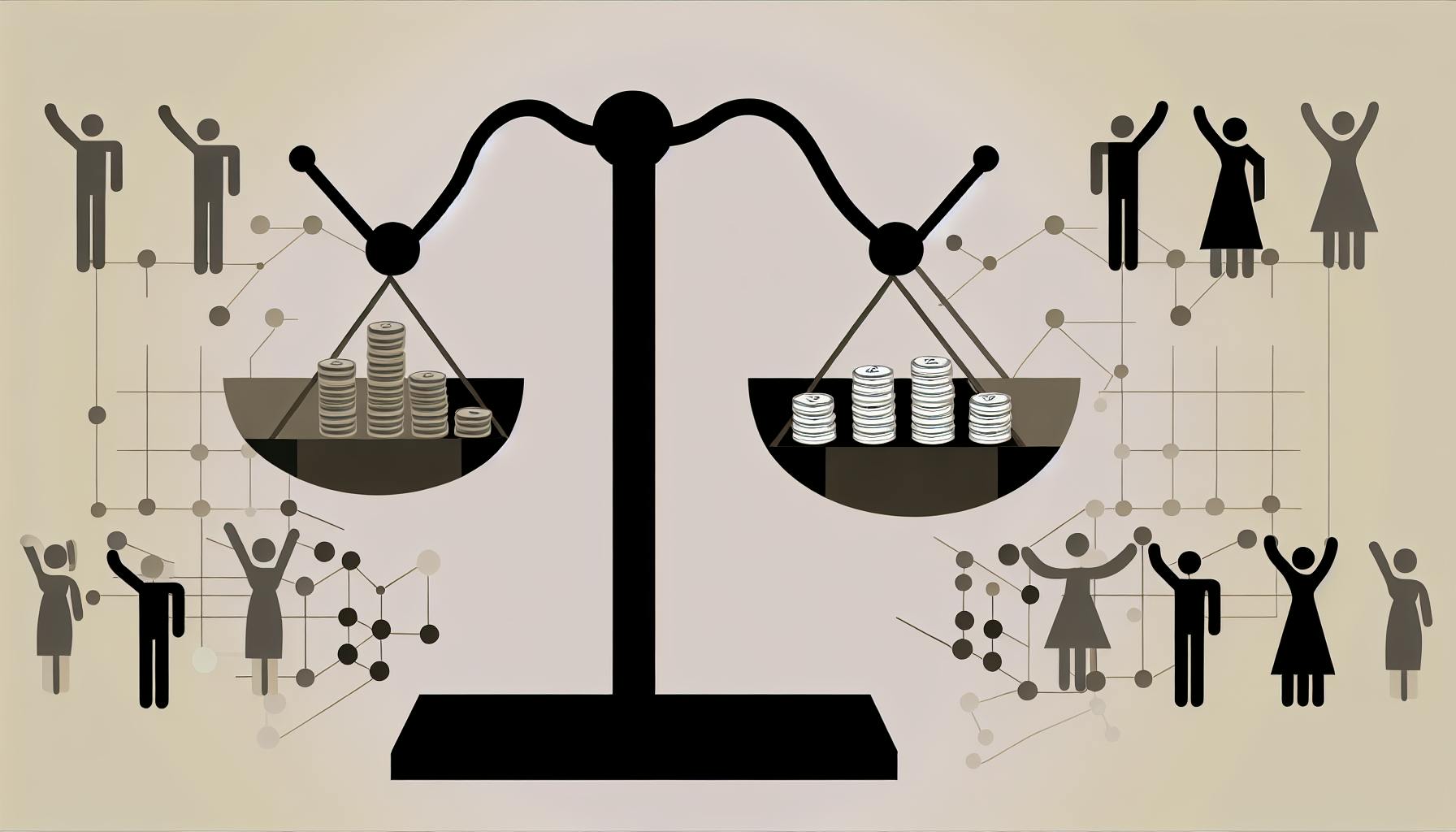What if most of what you’ve heard about modern HR is wrong?
It’s not the tech. It’s not the policies. It’s not even the pay gap. It’s how we’re interpreting—and misinterpreting—all of it.
That’s what I discovered in one of the most eye-opening interviews I’ve done, with Suzanne Lucas, better known online as The Evil HR Lady on twitter. She’s sharp, opinionated, and brutally honest about what HR professionals are still missing, even with all the data and tools at our fingertips. Our conversation covered everything from AI in hiring to improv in leadership training—and along the way, Suzanne challenged some of HR’s most deeply held assumptions.
Here’s the core idea:
> HR leaders are using more data and more technology than ever—but without context, without curiosity, and without critical thinking, it can cause as much harm as good.
Let’s break down what HR still gets wrong—and what we should be doing instead.
We’ve Got the Data. But Do We Know What It Means?
Suzanne didn’t enter HR through the traditional path. She was a political science grad student with a knack for statistics and a fast typing speed. That combo landed her a temp job in comp and benefits, and eventually a role launching one of the earliest HR analytics programs at Wegmans back in 1999.
Today, HR data is everywhere. Dashboards, automated reports, predictive models—most of it a few clicks away. But Suzanne warns that it’s often being used without understanding.
“If I just push a button and the report comes out, I can’t critically evaluate whether that’s correct or not,” she told me. “I don’t know what went into it. I don’t know how to make it myself.”
We’re trusting tools we don’t fully understand. And when those tools are making hiring or firing decisions, that’s a problem.
AI Is Filtering Resumes—But Based on What?
This is where things get even messier. Suzanne’s worked with teams that use AI to write job descriptions, candidates who use AI to write resumes, and systems that use AI to decide who gets screened out. At every step, there’s risk.
Take applicant tracking systems (ATS) that reject up to 80% of candidates before a human ever looks at them. That might sound efficient—but Suzanne points out that the ATS is filtering candidates based on inputs set by humans. And increasingly, those inputs are also written by AI.
> “We’re judging candidates on their ability to use ChatGPT, not on whether they can actually do the job,” she said. “That’s a real problem.”
This creates a cycle where bias gets baked in—then multiplied. And when we trust these systems blindly, we’re not just missing out on good talent. We might be building discriminatory practices into our hiring process without even realizing it.
HR’s Most Dangerous Mistake? Assuming We’re Right.
One of the most powerful moments in our conversation came when Suzanne said this:
> “If you, as an HR leader, can’t understand where your CEO is coming from—whether or not you agree with them—you’re not doing your job.”
Too often, HR professionals assume their views on remote work, DEI, or culture are universally accepted. They post their political opinions publicly and forget that half their employees likely disagree—and may no longer trust them as a neutral voice in the workplace.
It’s not about being silent. It’s about remembering your role.
As Suzanne put it: “You want to lead? Start by understanding the people you’re supposed to serve.”
The Gender Pay Gap Isn’t What You Think
Here’s where things got controversial—and refreshingly honest.
The stat we’ve all heard—“women earn 80% of what men earn”—is technically true, Suzanne said, but misleading. It compares all working men and all working women without factoring in hours worked, years in the workforce, or occupation type.
> “When you control for those variables, the gap narrows to 1 or 2%,” Suzanne said. “And in some roles, women earn more than men.”
Her point isn’t that pay equity isn’t real—it’s that sloppy analytics are leading to bad conclusions, and those conclusions are fueling unproductive policies.
So What Actually Works in HR? Try Improv. Seriously.
Here’s where things take an unexpected turn: Suzanne also teaches improv. And not just for fun—she uses it as a leadership development tool.
Improv teaches one of the most useful mindsets in HR: “Yes, and…”
Instead of resisting change or leadership decisions you don’t love, you accept the premise and build on it. That doesn’t mean being a pushover—it means being strategic. Especially when you're not the ultimate decision maker.
> “HR doesn’t always make the decisions, but we’re responsible for executing them in a way that works for people,” Suzanne said. “That requires flexibility and creativity—just like improv.”
Plus, improv teaches actual listening. Not fake, reflective listening where you parrot back what someone says—but real, responsive listening that helps people feel heard.
So What’s the Real State of Work Today?
Despite all the tech, all the AI, all the data—HR still struggles with the basics:
· Listen more than you speak.
· Question the data.
· Respect perspectives you disagree with.
· Understand the culture you’re operating in—national, organizational, and personal.
This isn’t just about policy or software. It’s about being human in human resources.
If You’re in HR, Here’s What to Do Next
1. Use AI, but don’t trust it blindly. It’s a tool, not a truth machine. Know enough to question the results.
2. Stop assuming you’re neutral. Every word, policy, and LinkedIn post sends a signal. Make sure it’s the one you intend.
3. Invest in real listening. Whether it’s improv or storytelling or simply shutting up, the ability to hear people—really hear them—is what builds trust.
4. Get curious about the data. Don’t just look at dashboards. Ask: What story does this tell? What’s missing?
HR isn’t broken. But it is misunderstood—and too often misused.
Suzanne Lucas doesn’t sugarcoat any of this. And maybe that’s what HR needs right now. Less polish. More honesty. And a willingness to challenge our own assumptions.
You can listen to the full conversation with Suzanne Lucas on The State of Work Today, wherever you get your podcasts. Or click here.


